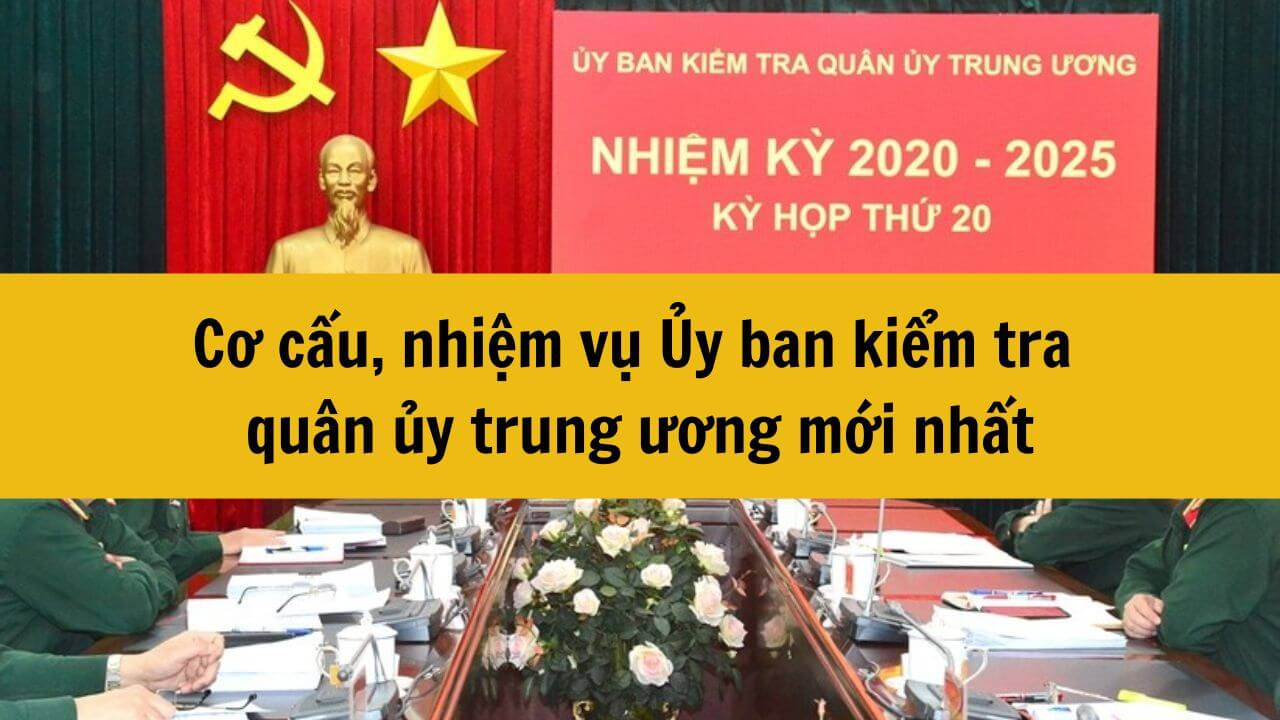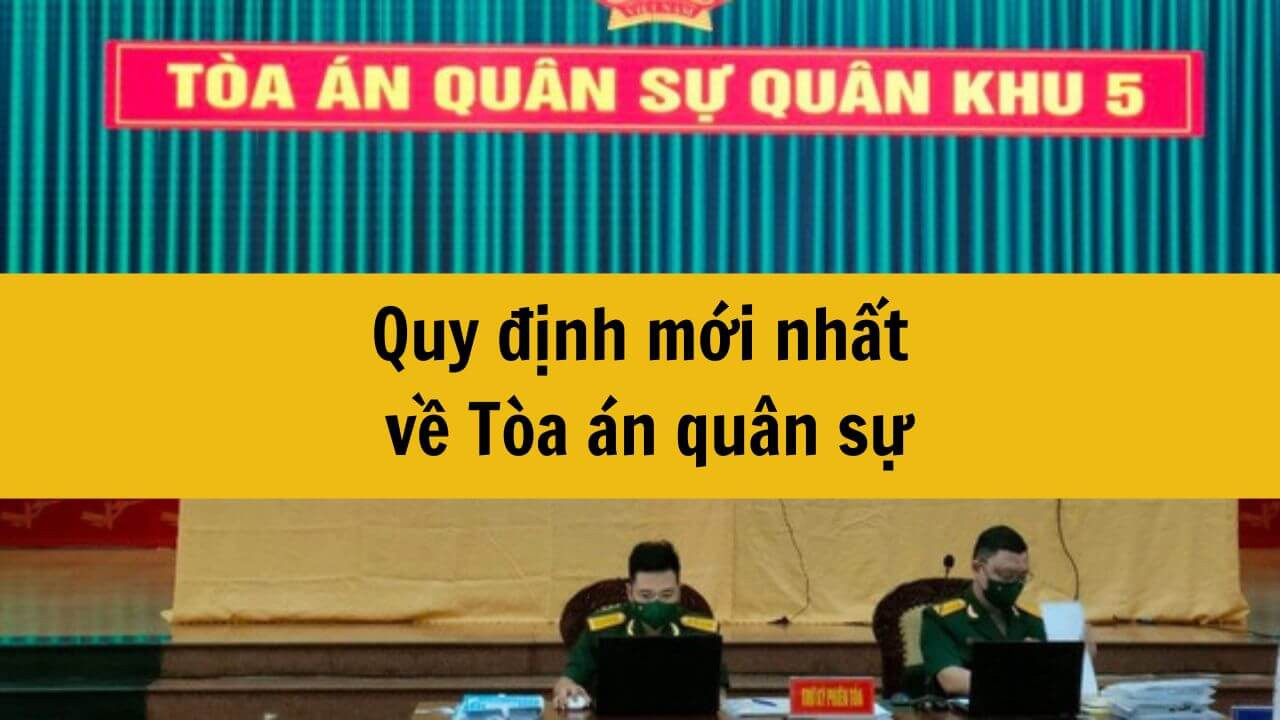 Tìm kiếm
Tìm kiếm
Chương IX: Trách nhiệm của chính phủ, các bộ, ngành và ủy ban nhân dân tỉnh, thành phố trực thuộc trung ương trong công tác điều tra hình sự
| Số hiệu: | 99/2015/QH13 | Loại văn bản: | Luật |
| Nơi ban hành: | Quốc hội | Người ký: | Nguyễn Sinh Hùng |
| Ngày ban hành: | 26/11/2015 | Ngày hiệu lực: | 01/01/2018 |
| Ngày công báo: | 31/12/2015 | Số công báo: | Từ số 1263 đến số 1264 |
| Lĩnh vực: | Trách nhiệm hình sự | Tình trạng: | Còn hiệu lực |
TÓM TẮT VĂN BẢN
Văn bản tiếng việt
Văn bản tiếng anh
1. Chính phủ thống nhất quản lý về công tác điều tra hình sự, có trách nhiệm sau đây:
a) Ban hành theo thẩm quyền hoặc trình cơ quan có thẩm quyền ban hành văn bản quy phạm pháp luật về Điều tra hình sự;
b) Chỉ đạo thực hiện các văn bản quy phạm pháp luật về Điều tra hình sự;
c) Chỉ đạo phổ biến, giáo dục pháp luật về Điều tra hình sự;
d) Đình chỉ, bãi bỏ theo thẩm quyền hoặc kiến nghị cấp có thẩm quyền đình chỉ, bãi bỏ quy định về Điều tra hình sự trái với quy định của Hiến pháp, Bộ luật tố tụng hình sự, Luật này và pháp luật khác có liên quan;
đ) Quy định chế độ báo cáo về Điều tra hình sự;
e) Hợp tác quốc tế về Điều tra hình sự.
2. Bộ Công an giúp Chính phủ thực hiện trách nhiệm quy định tại khoản 1 Điều này.
1. Ban hành theo thẩm quyền hoặc trình cơ quan có thẩm quyền ban hành văn bản quy phạm pháp luật về Điều tra hình sự để thực hiện chức năng quản lý ngành, lĩnh vực do Bộ Công an phụ trách.
2. Chỉ đạo và tổ chức thực hiện các văn bản quy phạm pháp luật về Điều tra hình sự.
3. Tổ chức phổ biến, giáo dục pháp luật về Điều tra hình sự.
4. Đình chỉ, bãi bỏ theo thẩm quyền hoặc kiến nghị cấp có thẩm quyền bãi bỏ những quy định về Điều tra hình sự trái với quy định của Hiến pháp, Bộ luật tố tụng hình sự, Bộ luật hình sự, Luật này và pháp luật khác có liên quan.
5. Chủ trì, phối hợp ban hành các biểu mẫu, giấy tờ, sổ sách về Điều tra hình sự.
6. Quản lý hệ thống tổ chức, biên chế và hoạt động của Cơ quan Điều tra của Công an nhân dân; trang bị phương tiện, đào tạo, bồi dưỡng, huấn luyện cán bộ làm công tác Điều tra trong Công an nhân dân; bồi dưỡng, huấn luyện, chỉ đạo, hướng dẫn nghiệp vụ cho cán bộ, công chức các cơ quan được giao nhiệm vụ tiến hành một số hoạt động Điều tra; tổ chức sơ kết, tổng kết, nghiên cứu khoa học về công tác Điều tra hình sự.
7. Quản lý cơ sở dữ liệu về Điều tra hình sự.
8. Thực hiện chế độ báo cáo về công tác Điều tra hình sự theo quy định của Chính phủ.
9. Kiểm tra, thanh tra, giải quyết khiếu nại, tố cáo và xử lý vi phạm về Điều tra theo quy định của pháp luật.
1. Ban hành theo thẩm quyền hoặc trình cơ quan có thẩm quyền ban hành văn bản quy phạm pháp luật về Điều tra hình sự để thực hiện chức năng quản lý ngành, lĩnh vực do Bộ Quốc phòng phụ trách.
2. Chỉ đạo và tổ chức thực hiện các văn bản pháp luật về Điều tra hình sự trong Quân đội nhân dân.
3. Tổ chức phổ biến, giáo dục pháp luật về Điều tra hình sự trong Quân đội nhân dân.
4. Đình chỉ, bãi bỏ theo thẩm quyền hoặc kiến nghị cấp có thẩm quyền bãi bỏ những quy định về Điều tra hình sự trái với quy định của Hiến pháp, Bộ luật tố tụng hình sự, Bộ luật hình sự, Luật này và pháp luật khác có liên quan.
5. Quản lý hệ thống tổ chức, biên chế và hoạt động của Cơ quan Điều tra trong Quân đội nhân dân; trang bị phương tiện, đào tạo, bồi dưỡng, huấn luyện cán bộ làm công tác Điều tra hình sự trong Quân đội nhân dân; tổ chức sơ kết, tổng kết, nghiên cứu khoa học về công tác Điều tra hình sự trong Quân đội nhân dân.
6. Thực hiện chế độ báo cáo về công tác Điều tra hình sự theo quy định của Chính phủ.
7. Kiểm tra, thanh tra, giải quyết khiếu nại, tố cáo và xử lý vi phạm về Điều tra hình sự theo quy định của pháp luật.
1. Ban hành theo thẩm quyền hoặc trình cơ quan có thẩm quyền ban hành văn bản quy phạm pháp luật về Điều tra hình sự để thực hiện chức năng quản lý ngành, lĩnh vực do Viện kiểm sát nhân dân tối cao phụ trách.
2. Chỉ đạo và tổ chức thực hiện các văn bản quy phạm pháp luật về Điều tra hình sự trong Viện kiểm sát nhân dân.
3. Tổ chức phổ biến, giáo dục pháp luật về Điều tra hình sự trong Viện kiểm sát nhân dân.
4. Đình chỉ, bãi bỏ theo thẩm quyền hoặc kiến nghị cấp có thẩm quyền bãi bỏ những quy định về Điều tra hình sự trái với quy định của Hiến pháp, Bộ luật tố tụng hình sự, Bộ luật hình sự, Luật này và pháp luật khác có liên quan.
5. Quản lý về tổ chức, biên chế và hoạt động của Cơ quan Điều tra của Viện kiểm sát nhân dân tối cao; trang bị phương tiện, đào tạo, bồi dưỡng, huấn luyện cán bộ làm công tác Điều tra trong Viện kiểm sát nhân dân tối cao; tổ chức sơ kết, tổng kết, nghiên cứu khoa học về công tác Điều tra trong Viện kiểm sát nhân dân tối cao.
6. Thực hiện chế độ báo cáo về công tác Điều tra hình sự theo quy định của Chính phủ.
7. Kiểm tra, thanh tra, giải quyết khiếu nại, tố cáo và xử lý vi phạm về Điều tra theo quy định của pháp luật.
1. Chỉ đạo các cơ quan của Hải quan thực hiện nhiệm vụ, quyền hạn theo quy định của Bộ luật tố tụng hình sự và Luật này.
2. Trang bị phương tiện; tổ chức việc bồi dưỡng, huấn luyện cán bộ làm công tác Điều tra hình sự trong các cơ quan của Hải quan; tổ chức sơ kết, tổng kết về công tác Điều tra hình sự trong các cơ quan Hải quan.
3. Thực hiện chế độ báo cáo về công tác Điều tra hình sự theo quy định của Chính phủ.
4. Kiểm tra, thanh tra, giải quyết khiếu nại, tố cáo và xử lý vi phạm pháp luật về Điều tra theo quy định của pháp luật.
1. Chỉ đạo các cơ quan Kiểm lâm, Kiểm ngư thực hiện nhiệm vụ, quyền hạn theo quy định của Bộ luật tố tụng hình sự và Luật này.
2. Trang bị phương tiện; tổ chức việc bồi dưỡng, huấn luyện cán bộ làm công tác Điều tra hình sự trong các cơ quan Kiểm lâm, Kiểm ngư; tổ chức sơ kết, tổng kết về công tác Điều tra hình sự trong các cơ quan Kiểm lâm, Kiểm ngư.
3. Thực hiện chế độ báo cáo về công tác Điều tra hình sự theo quy định của Chính phủ.
4. Kiểm tra, thanh tra, giải quyết khiếu nại, tố cáo và xử lý vi phạm về Điều tra theo quy định của pháp luật.
1. Chỉ đạo, hướng dẫn các cơ quan, tổ chức, cá nhân thuộc thẩm quyền quản lý thực hiện các quy định của pháp luật về Điều tra hình sự.
2. Phối hợp với nhau, phối hợp với Bộ Công an, Bộ Quốc phòng, Bộ Tài chính, Bộ Nông nghiệp và Phát triển nông thôn, Viện kiểm sát nhân dân tối cao trong quản lý về Điều tra hình sự.
3. Tổ chức tuyên truyền, phổ biến, giáo dục pháp luật về Điều tra hình sự.
RESPONSIBILITIES OF THE GOVERNMENT, MINISTRIES, SECTORS AND PROVINCIAL-LEVEL PEOPLE’S COMMITTEES IN CRIMINAL INVESTIGATION ACTIVITIES
Article 64. Responsibility for management of criminal investigation activities
1. The Government performs the unified management of criminal investigation activities, having the following responsibilities:
a/ To promulgate according to its competence or submit to competent agencies for promulgation legal documents on criminal investigation;
b/ To direct the implementation of legal documents on criminal investigation;
c/ To direct the dissemination and education of law on criminal investigation;
d/ To suspend or abrogate according to its competence or propose competent authorities to suspend or abrogate the regulations on criminal investigation which are contrary to the Constitution, Criminal Procedure Code, this Law and other relevant laws;
dd/ To prescribe the criminal investigation reporting regime;
e/ To enter into international cooperation on criminal investigation.
2. The Ministry of Public Security shall assist the Government in performing the responsibilities prescribed in Clause 1 of this Article.
Article 65. Responsibility of the Minister of Public Security
1. To promulgate according to his/her competence or submit to competent bodies for promulgation legal documents on criminal investigation in order to perform the function of managing sectors and domains under management of the Ministry of Public Security.
2. To direct and organize the implementation of legal documents on criminal investigation.
3. To organize the dissemination and education of law on criminal investigation.
4. To suspend or abrogate according to his/her competence or propose competent authorities to abrogate the regulations on criminal investigations which are contrary to the Constitution, Criminal Procedure Code, Penal Code, this Law and other relevant laws.
5. To assume the prime responsibility for, and coordinate with other agencies in, promulgating forms, papers and books on criminal investigation.
6. To manage the organizational system, payrolls and operation of the investigating bodies of the People’s Public Security; to furnish means for, to train, foster and drill cadres engaged in, investigation in the People’s Public Security; to train and professionally guide cadres and civil servants of the agencies tasked to conduct a number of investigating activities; to organize preliminary and final reviews of, and scientific research, into criminal investigation.
7. To manage the database on criminal investigation.
8. To observe the regime of reporting on criminal investigation activities as prescribed by the Government.
9. To examine, inspect and settle complaints and denunciations and handle violations of the regulations on investigation in accordance with law.
Article 66. Responsibilities of the Minister of National Defense
1. To promulgate according to his/her competence or submit to competent bodies for promulgation legal documents on criminal investigation in order to perform the function of managing sectors and domains under management of the Ministry of National Defense.
2. To direct and organize the implementation of legal documents on criminal investigation in the People’s Army.
3. To organize the dissemination and education of the law on criminal investigation in the People’s Army.
4. To suspend or abrogate according to his/her competence or propose competent bodies to abrogate the regulations on criminal investigation which are contrary to the Constitution, Criminal Procedure Code, Penal Code, this Law and other relevant laws.
5. To manage the organizational system, payroll and operation of the investigating bodies in the People’s Army; to equip means for, train, foster and drill cadres engaged in criminal investigation activities in the People’s Army; to organize preliminary and final reviews of, and scientific research into, criminal investigation in the People’s Army.
6. To observe the regime of reporting on criminal investigation activities as prescribed by the Government.
7. To examine, inspect, settle complaints and denunciations, and to handle violations of the regulations on criminal investigation in accordance with law.
Article 67. Responsibilities of the Procurator General of the Supreme People’s Procuracy
1. To promulgate according to his/her competence or submit to competent bodies for promulgation legal documents on criminal investigation in order to perform the function of managing sectors and domains under management of the Supreme People’s Procuracy.
2. To direct and organize the implementation of legal documents on criminal investigation in people’s procuracies.
3. To organize the dissemination and education of the law on criminal investigation in people’s procuracies.
4. To suspend or abrogate according to his/her competence or propose competent authorities to abrogate the regulations on criminal investigation which are contrary to the Constitution, Criminal Procedure Code, Penal Code, this Law and other relevant laws.
5. To manage the organization, payroll and operation of the Investigating Office of the Supreme People’s Procuracy; to equip means for, to train, foster and drill cadres of the Supreme People’s Procuracy who perform the investigating work; to organize preliminary and final reviews of, and scientific research into, investigation in the Supreme People’s Procuracy.
6. To observe the regime of reporting on criminal investigation activities as prescribed by the Government.
7. To examine, inspect, settle complaints and denunciations, and handle violations of the regulations on investigation in accordance with law.
Article 68. Responsibilities of the Minister of Finance
1. To direct customs offices to perform the tasks and exercise the powers prescribed by the Criminal Procedure Code and this Law.
2. To equip means for, to organize the fostering and training of, cadres engaged in criminal investigation in customs offices, to organize preliminary and final reviews of criminal investigation activities in customs offices.
3. To observe the regime of reporting on criminal investigation activities as prescribed by the Government.
4. To examine, inspect, settle complaints and denunciations and handle violations of the regulations on investigation in accordance with law.
Article 69. Responsibilities of the Minister of Agriculture and Rural Development
1. To direct forest protection and fisheries surveillance offices to perform the tasks and exercise the powers prescribed by the Criminal Procedure Code and this Law.
2. To equip means for, and organize the training of cadres engaged in, criminal investigation in forest protection and fisheries surveillance offices; to organize preliminary and final reviews of criminal investigation activities in forest protection and fisheries surveillance offices.
3. To observe the regime of reporting on criminal investigation activities as prescribed by the Government.
4. To examine, inspect and settle complaints and denunciations and handle violations of the regulations on investigation in accordance with law.
Article 70. Responsibilities of ministries, sectors, provincial-level People’s Committees
1. To direct and guide agencies, organizations and individuals under their respective management to comply with the law on criminal investigation.
2. To coordinate with one another and coordinate with the Ministry of Public Security, Ministry of National Defense, Ministry of Finance, Ministry of Agriculture and Rural Development and Supreme People’s Procuracy in managing criminal investigation.
3. To organize the dissemination and education of the law on criminal investigation.
Văn bản liên quan
Cập nhật
Bài viết liên quan
Cơ cấu, nhiệm vụ Ủy ban kiểm tra quân ủy trung ương mới nhất 2025

Cơ cấu, nhiệm vụ Ủy ban kiểm tra quân ủy trung ương mới nhất 2025
Ủy ban Kiểm tra Quân ủy Trung ương đóng vai trò quan trọng trong việc bảo đảm kỷ luật, kiểm soát và nâng cao hiệu quả hoạt động của lực lượng vũ trang nhân dân Việt Nam. Năm 2025, trong bối cảnh đất nước đối mặt với nhiều thách thức mới, cơ cấu và nhiệm vụ của Ủy ban này càng trở nên cần thiết và cấp bách hơn bao giờ hết. Vậy hiện nay, pháp luật quy định ra sao về cơ cấu, nhiệm vụ Ủy ban kiểm tra quân ủy trung ương? 21/11/2024Nhiệm vụ, quyền hạn Cục Điều tra hình sự Quân đội nhân dân Việt Nam mới nhất 2025

Nhiệm vụ, quyền hạn Cục Điều tra hình sự Quân đội nhân dân Việt Nam mới nhất 2025
Trong bối cảnh an ninh quốc gia và trật tự xã hội ngày càng phức tạp, Cục Điều tra hình sự Quân đội nhân dân Việt Nam đóng vai trò quan trọng trong việc bảo vệ và thực thi pháp luật. Bài viết này sẽ đi sâu vào các nhiệm vụ và quyền hạn của Cục Điều tra hình sự theo quy định pháp luật hiện hành, từ đó làm rõ vai trò của đơn vị trong việc bảo vệ tổ quốc và xây dựng một lực lượng vũ trang tinh nhuệ, hiệu quả. 21/11/2024Cơ cấu tổ chức, nhiệm vụ quyền hạn Viện kiểm sát quân sự trung ương mới nhất 2025

Cơ cấu tổ chức, nhiệm vụ quyền hạn Viện kiểm sát quân sự trung ương mới nhất 2025
Trong bối cảnh quốc phòng và an ninh ngày càng được chú trọng, vai trò của Viện kiểm sát quân sự Trung ương trở nên ngày càng quan trọng trong việc bảo đảm sự tuân thủ pháp luật và bảo vệ quyền lợi của nhà nước, tổ chức và cá nhân. Năm 2025, quy định về cơ cấu tổ chức, nhiệm vụ và quyền hạn của Viện kiểm sát quân sự Trung ương đã và đang ngày càng được hoàn thiện, nhằm đáp ứng yêu cầu nhiệm vụ trong tình hình mới. 21/11/2024Quy định mới nhất 2025 về Tòa án quân sự


 Luật Tổ chức cơ quan điều tra hình sự 2015 (Bản Pdf)
Luật Tổ chức cơ quan điều tra hình sự 2015 (Bản Pdf)
 Luật Tổ chức cơ quan điều tra hình sự 2015 (Bản Word)
Luật Tổ chức cơ quan điều tra hình sự 2015 (Bản Word)